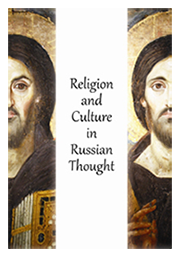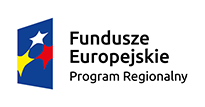 |
Teresa Obolevitch, Paweł Rojek (eds) The book is available at the Digital Library of The Pontifical University of John Paul II. It might be also purchased at The Pontifical University of John Paul II Press. |
This collection of essays […] might become an excellent foundation for future investigations uniting scholars from different countries.
Prof. Vladimir Porus, Higher School of Economics, Moscow
It must be stressed that the international and interdisciplinary character of the project enables one to see the investigated problem from many different – in some cases vastly different – perspectives.
Prof. Leszek Augustyn, Jagiellonian University, Kraków
Review
Contents
Philosophical Perspectives
Theological Perspectives
Literary Perspectives



